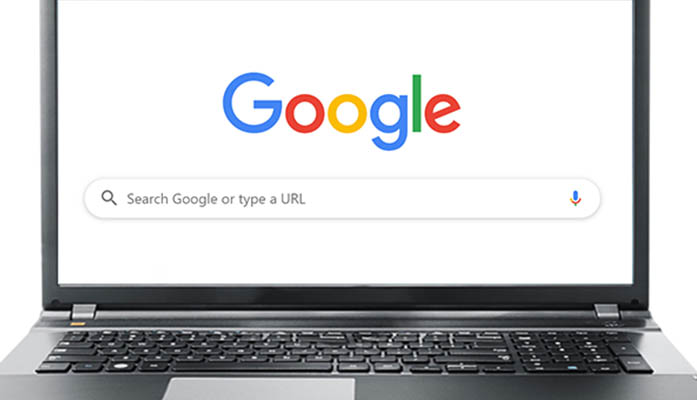By Corinne Murdock |
On Tuesday, the state of Arizona reached an $85 million settlement with Google over profiting on a deceptive acquisition of users’ location data. It is the most per capita that Google has paid out for this type of lawsuit.
In a press release announcing the settlement, Attorney General Mark Brnovich shared that the legal battle constituted one of the biggest consumer fraud lawsuits in state history.
“When I was elected attorney general, I promised Arizonans I would fight for them and hold everyone, including corporations like Google, accountable,” said Brnovich. “I am proud of this historic settlement that proves no entity, not even big tech companies, is above the law.”
Brnovich launched a two-year investigation into the Big Tech giant in 2018 after the Associated Press reported that users were misled and deceived about the collection and use of their Android smartphone’s location data — even if the user disabled their location history. The Big Tech giant would collect location data through other phone settings without consent in order to sell ads.
Brnovich stressed these facts when he sued Google in 2020. In all, the investigation and litigation took about four years.
“While Google users are led to believe they can opt-out of location tracking, the company exploits other avenues to invade personal privacy,” said Brnovich. “It’s nearly impossible to stop Google from tracking your movements without your knowledge or consent. This is contrary to the Arizona Consumer Fraud Act and even the most innovative companies must operate within the law.”
Over 80 percent of Google’s revenues were generated through advertising.
While Google misled users on how it would collect and profit off of their personal location data, they would purport to err on the side of transparency through initiatives like their “Transparency Report.” The company continues to raise concern about how governments and other corporations engage with individuals’ data.
They also used to publish an annual report, “Android Security Year in Review,” which discussed their efforts to protect Android users’ data. The last report of that kind was issued in March 2019, about 7 months after the AP report.
Google petitioned the courts to seal Brnovich’s complaint and exhibits in the case, prompting widespread backlash from transparency advocates. Some aspects of the documents are unredacted, though the remainder are redacted.
READ THE REDACTED COMPLAINT AND EXHIBITS AGAINST GOOGLE
Most of the $85 million will go to the state’s general fund, with $5 million set aside for attorney general education programs.
Joseph Kanefield, Brunn Roysden, and Michael Catlett handled the case for the attorney general’s office. Outside counsel included Kevin Neal and Ken Ralston of Gallagher & Kennedy, and Guy Ruttenberg and Mike Eshaghian of Ruttenberg IP Law.
Corinne Murdock is a reporter for AZ Free News. Follow her latest on Twitter, or email tips to corinne@azfreenews.com.








